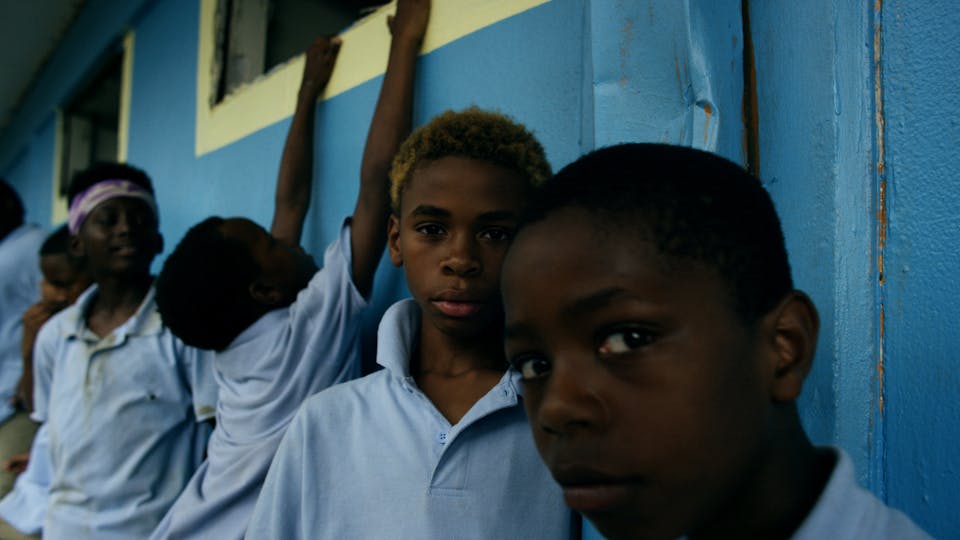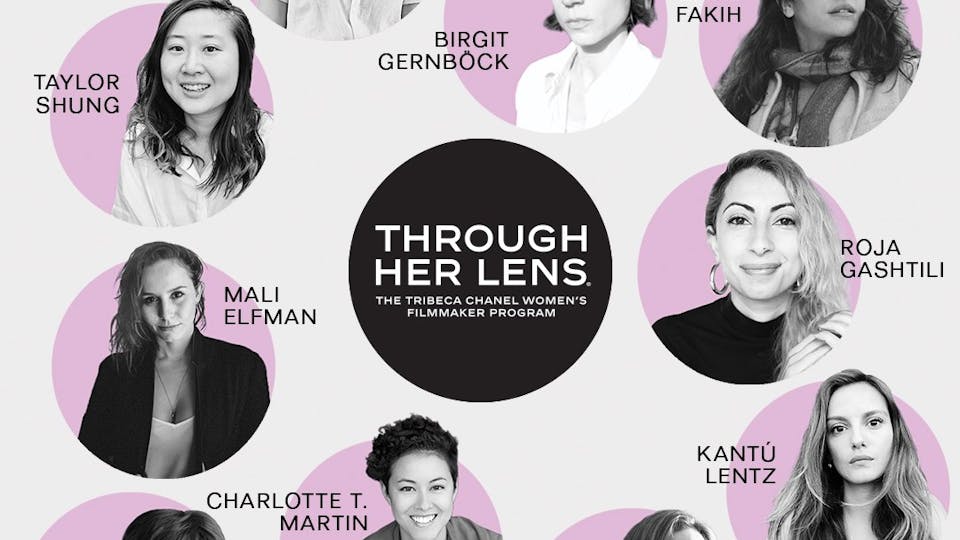Roger Ross Williams On The Making of 'God Loves Uganda'

Sundance Film FestivalGod Loves UgandaTAAGucci Tribeca Documentary Fund

God Loves Uganda goes inside the powerful and underreported evangelical campaign to change the face of African culture with values imported from America’s Christian Right. As the radical effort to eliminate “sexual immorality” creates a wave of religious violence and hatred, an embattled humanist Ugandan pastor searches for solutions. Religion is a logical subject for me to tackle for my first feature film. I grew up in the black church. My father was a religious leader in the community and my sister is a pastor. I went to church every Sunday and sang in the choir. But for all that the church gave me, for all that it represented belonging—love and community—it also shut its doors to me as a gay person. That experience left me with the lifelong desire to explore the power of religion to transform lives or destroy them. That desire took a new form when I visited Africa to make my film Music by Prudence in 2009. I was struck by how intensely religious and socially conservative Africans were. There was literally a church on every corner. People were praying in the fields. It was like the American evangelical Christianity I had known—but magnified by Africa’s intensity. The more I learned about religion in Africa, the more intrigued I became. It was as if the continent was gripped with religious fervor. And the center of it was Uganda. I began to research; I took my first trip to Uganda. Uganda, I discovered is the number one destination for American missionaries. The American evangelical movement has been sending missionaries and money, proselytizing its people, and training its pastors for a generation; building schools, manning hospitals, even running programs for training political leaders. Its President and First Lady are evangelical Christians, as are most members of its Parliament and 85% of the population. I began meeting in Uganda—and in America—with some of the missionaries who have helped create Uganda’s evangelical movement. They were often large hearted. They were passionate and committed. Many of them were kids from America’s heartland. And they were, I began to discover, part of a larger Christian evangelical movement that believed that Biblical law should reign supreme, not just in people’s hearts, but in the halls of government. This movement, fueled by American money and idealism, had produced a noxious flower, Uganda’s Anti-Homosexuality Bill, which made death as one of the penalties for homosexuality.
Committed to the idea that God wanted all forms of “sexual immorality eliminated from the earth,” it was the reason why Uganda had dismantled its successful AIDS program in favor of an anti-abstinence policy. I thought about following the activists-brave and admirable men and women who were fighting against these policies. But I was more curious about the people who, in effect, wanted to kill me. (According to the provisions of the Anti-Homosexuality Bill, I could be put to death or imprisoned.) While shooting in Uganda in 2011, the conservative evangelical pastors I was filming—the most ardent supporters of the Anti-Homosexuality Bill—discovered that I myself am gay. One began circulating emails suggesting that I be killed. I left the country immediately, and hoped I'd never have to go back. Cut to a year later. I'm with my editors at the Sundance Documentary Story and Edit lab and it is becoming abundantly clear that we needed more footage from Uganda. We needed to spend more time there to do justice to this very complicated, and very important story. And the only way to get it right meant I had to go back. Either I sacrificed, or the story would have to. And so I went. I spent three terrifying, thrilling weeks in Uganda, knowing full well that this would be the last time I was in a country I've been filming for the past three years. And I'm happy to say that without the footage we captured on that last trip, God Loves Uganda probably wouldn't be premiering at Sundance this month. Notably, almost every other evangelical I met—American or Ugandan—was polite, agreeable, even charming. Yet I knew that if the bill passed, there would be blood on the streets of Kampala. What explains that contradiction? What explains the murderous rage and ecstatic transcendence? In the well-known trope about Africa, a white man journeys into the heart of darkness and finds the mystery of Africa and its unknowable otherness. I, a black man, made that journey and found—America.






